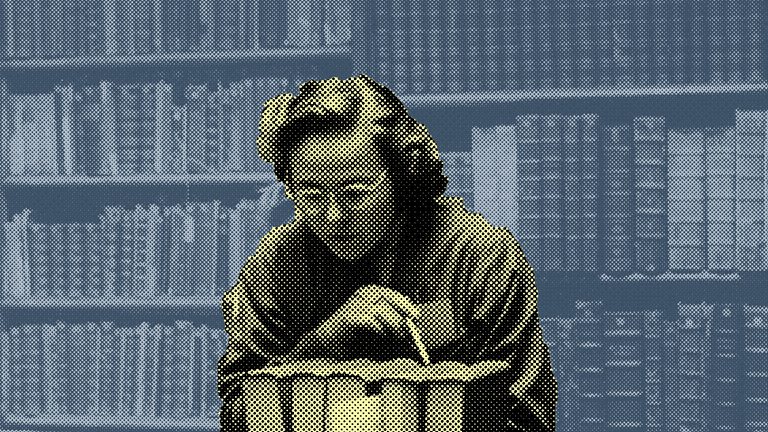

I had a rule as a parent that I would never lie to my two sons. I love the candour of children and the way they appreciate directness and honesty. But I guess it is my grandchildren who really shaped the relationships Sylvia has with the children in the book. The children I taught were “special”, which meant they were either ill or considered too naughty to attend school and, yes, we had fine times together. I have always got on best with children and even at university worked in a nursery. Were you inspired by children you encountered during your time as a teacher? The relationship the children in the village of East Mole share with Sylvia is one of the most interesting aspects of the book.


A couple of teachers also assumed I would be slower than the other girls because I came from a state primary school, which I remember made me very indignant. I remember being asked if I lived in a council flat, which caused my dad to sing My Old Man’s A Dustman for some weeks. That said, once I settled in I held my own despite some fairly open prejudice from some of my fellow schoolmates. I also overheard two girls discussing their “show ponies”. The first day was a great shock as there was, what seemed to me, a row of Rolls-Royces, some with chauffeurs, depositing pupils. I recall overhearing my parents having a row about this and worrying that my dad wouldn’t like me anymore if I took up the scholarship. That is very perceptive! Yes, I did and my dad was very against my going. Did you have similar reservations about your time as a pupil attending St Paul’s Girls’ School? In the novel, Marigold makes clear her reservations about being sent to St Catherine’s school for girls, fearing her classmates would all be “goody-goodies”.

Her new book The Librarian (Viking, £16.99) follows Sylvia Blackwell, a young woman who moves to a small town to work as a children’s librarian and falls in love with an older man. Before writing novels she worked as a special educational needs teacher and a Jungian psychoanalyst. Born in Liverpool to communist parents, Vickers won a scholarship to attend private school before studying at Cambridge.


 0 kommentar(er)
0 kommentar(er)
